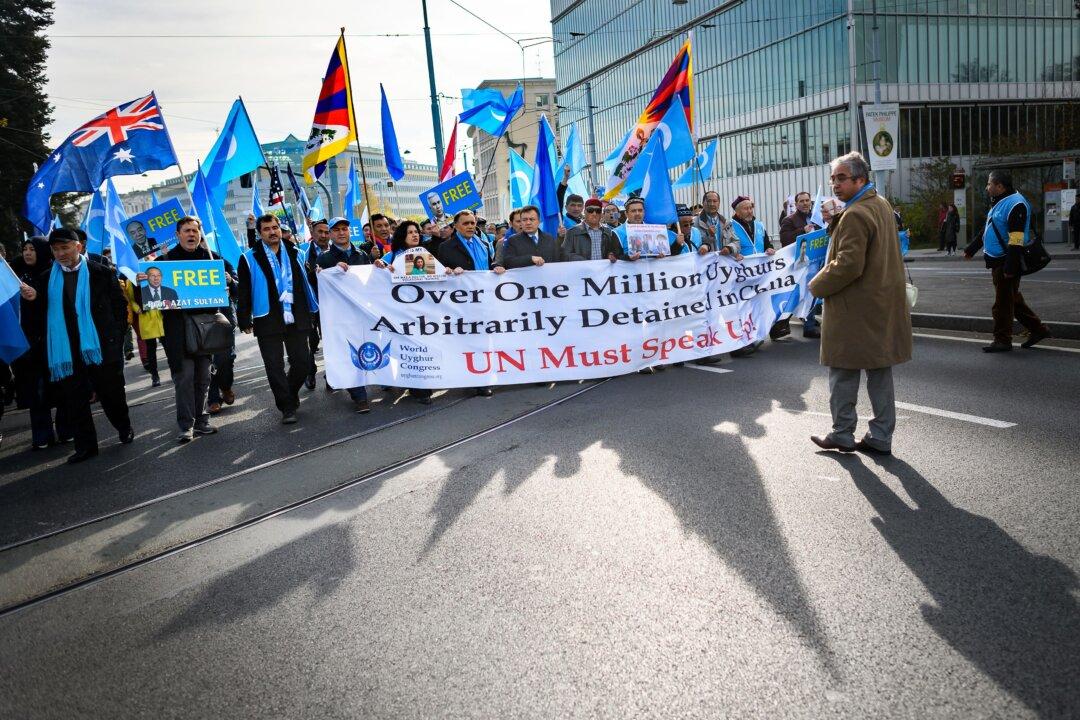Last fall, 646 international scholars signed a statement condemning the internment of Uyghurs and other Turkic Muslim minorities in the Xinjiang region of western China, stressing that mass internment of citizens on the basis of ethno-cultural and religious identity is unprecedented in the twenty-first century and should not be tolerated by the international community.
Prisoners are subjected to highly invasive forms of surveillance and psychological stress as they are forced to abandon their language, religious beliefs and cultural practices. Beyond the camps, more than ten million Uyghurs and other Turkic Muslims are subjected to a dense network of surveillance systems and checkpoints which severely limit their personal freedom.





